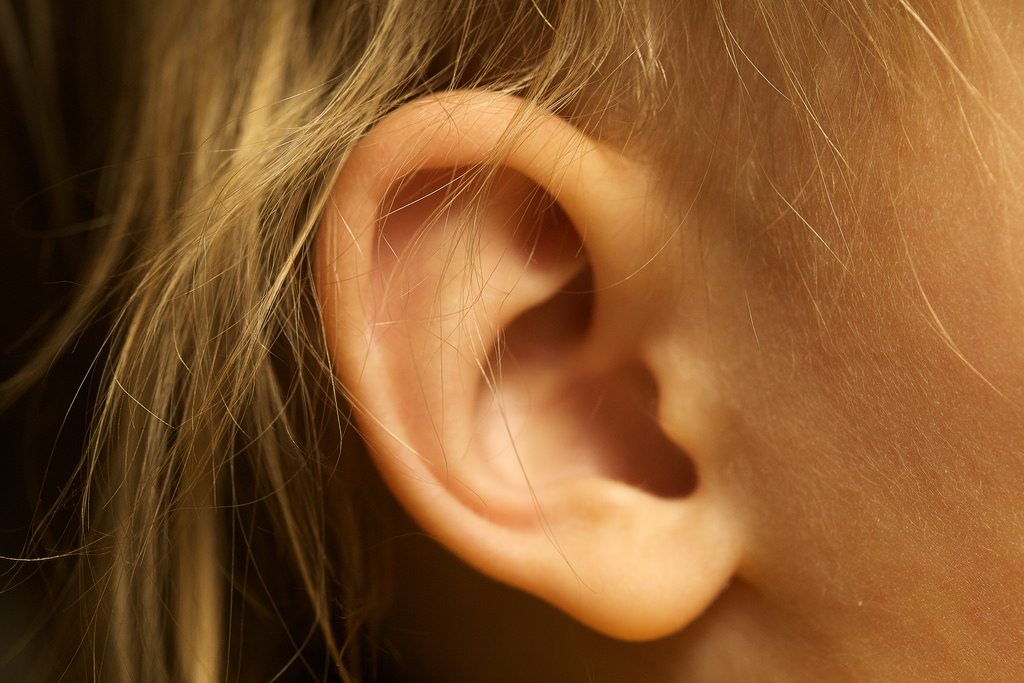Magnesium may lead to breakthrough treatments for tinnitus sufferers
04/04/2019 / By Tracey Watson

Tinnitus, which affects between 10 and 15 percent of adults, is a condition that causes sufferers to hear sounds that are not really there, including ringing, whistling, hissing or clicking sounds. It is most common in people older than 60, and affects around 50 million Americans.
Tinnitus has several different causes, including long-term exposure to noise, injuries to the head or neck, ear infections, or a more serious underlying medical condition, though this is rare.
There is no cure for tinnitus, and most sufferers manage to get used to the sounds over time. For some the condition is more debilitating, however, and can have a serious impact on their quality of life, interfering with work or school, affecting sleep quality and even leading to depression.
A new study, funded by Action on Hearing Loss and published in The Journal of Experimental Neurology, offers new hope for tinnitus sufferers. The reason there is no treatment for the condition is that its causes are poorly understood. The new study examined some of the mechanisms causing it, as well as possible treatments.
The Conversation explains, “Knowing that tinnitus is a phantom sound which does not exist in the outside world but is perceived, suggests that somewhere in the brain there are cells generating a false signal in response to a sound which does not exist.”
The researchers began their investigation with the dorsal cochlear nucleus, which is a brain structure to which the inner ear sends sounds. Their premise was that continuous exposure to loud noises could compromise the ability of cells in the dorsal cochlear nucleus to boost incoming signals.
Mother Nature's micronutrient secret: Organic Broccoli Sprout Capsules now available, delivering 280mg of high-density nutrition, including the extraordinary "sulforaphane" and "glucosinolate" nutrients found only in cruciferous healing foods. Every lot laboratory tested. See availability here.
When they conducted an animal study to create tinnitus through several exposures to loud noises, their suspicions were confirmed.
As The Conversation explains further, “Exposure to loud sound therefore altered brain plasticity, leaving the dorsal cochlear nucleus in a compromised state.”
The study was able to determine that when a person is exposed to loud noise, there is a temporary loss of hearing. The dorsal cochlear nucleus tries to compensate by boosting its signal, and then stores this signal like a memory. When the hearing loss reverses itself, the dorsal cochlear nucleus continues to boost its signal because of the “memory” signal which it has stored, leading to tinnitus, where sounds are heard that are not really there.
Now comes the exciting part: Having determined what actually causes tinnitus in the first place, the researchers were able to determine that a diet high in magnesium can prevent the dorsal cochlear nucleus from storing that fake “memory” in the first place. The scientists are now searching for ways to elevate magnesium levels in the brain.
A magnesium-rich diet isn’t only important to prevent tinnitus, either. Magnesium also boosts immune function, prevents inflammation (which prevents cancer), strengthens your heart, prevents depression and migraines, and can even reduce your risk of diabetes by 33 percent!
So, what do you need to add to your diet to increase your magnesium intake? Here are some suggestions:
Dark, leafy greens: Baby spinach, kale, Swiss chard, and collard greens are all excellent sources of magnesium.
Nuts and seeds: While almonds, sunflower seeds, cashews, pecans, flaxseed and Brazil nuts are all high in magnesium, pumpkin seeds are packed with even more of this essential mineral; just half a cup will give you almost all your required magnesium for the day.
Fish: It is important to try to eat fish at least once a week, especially wild salmon, halibut, tuna, and mackerel.
Avocados: Just one slice of avocado on your sandwich will provide about 15 percent of your daily magnesium requirement.
Fruit: Several fruits are high in magnesium, including strawberries, figs, and grapefruit, and just one medium banana will provide 32 milligrams of this vital mineral.
Visit SupplementsReport.com to learn more about the health benefits of magnesium.
Sources for this article include:
Tagged Under: #nutrition, Diets, ears, food cures, food is medicine, hearing loss, Magnesium, prevention, supplements, tinnitus



















